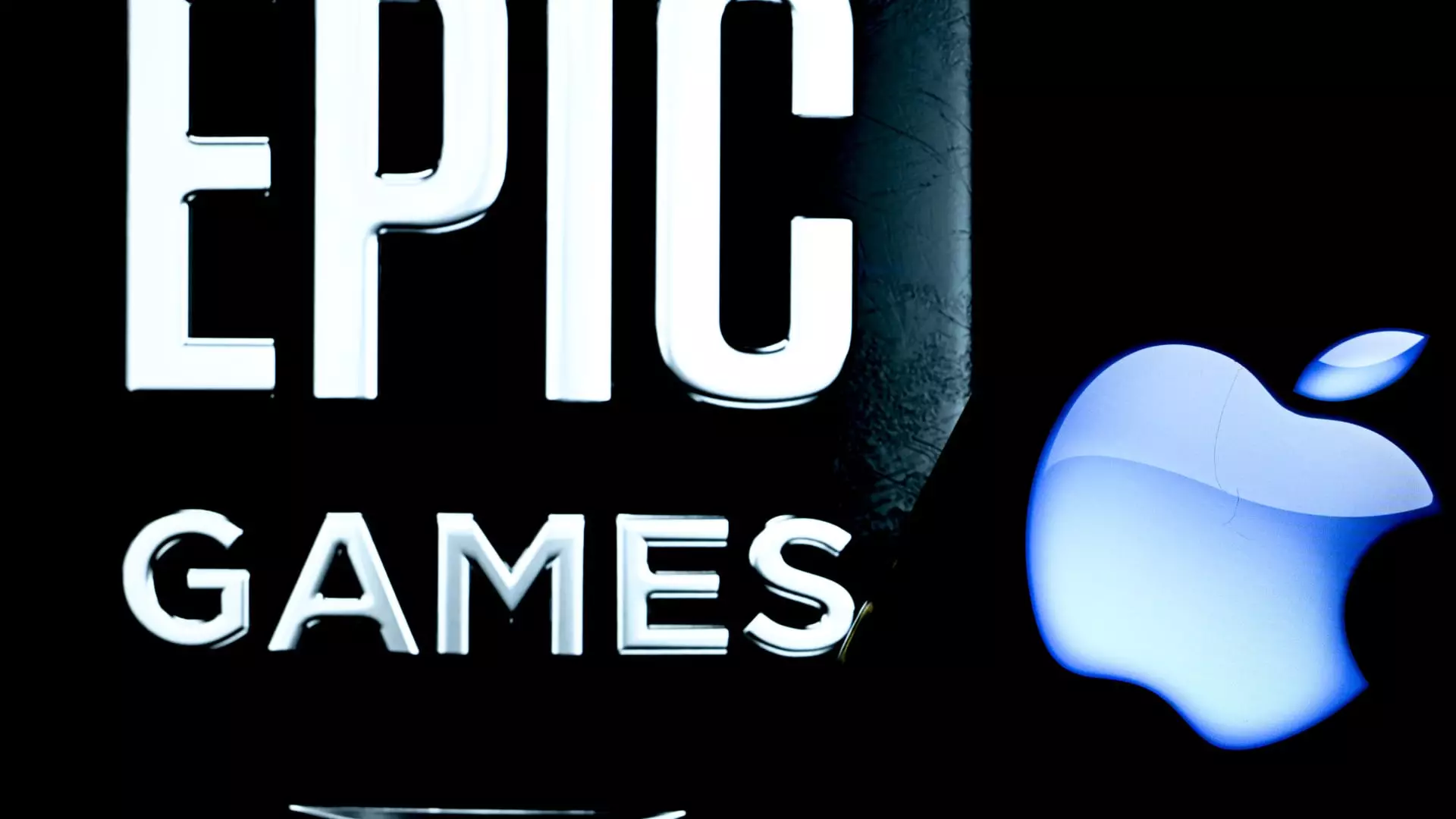Apple’s recent setback in the U.S. Court of Appeals for the Ninth Circuit is a significant turning point not only for the tech giant but also for the broader landscape of app development and digital commerce. The court’s refusal to grant Apple an emergency stay on a ruling that impacts its App Store practices showcases both the evolving legal environment surrounding big tech and the dire implications for its business model. As the appeal process unfolds, it becomes clear that this is not merely about Apple’s revenue; it’s about the very structure of how digital marketplaces operate in a rapidly changing economic atmosphere.
This decision indicates a shift in judicial attitudes toward the power big companies wield in their ecosystems. The Ninth Circuit highlighted that Apple “bears the burden” of justifying its practices, implying that the massive profits stemming from its App Store model may come under more scrutiny as consumer advocacy and developer rights garner increased attention.
Developers Rejoice: A New Era of Freedom
With Apple’s recent legal challenges, developers have found themselves at a unique juncture. Companies like Amazon and Spotify are swiftly adapting their payment structures, circumventing Apple’s cut ranging from 15% to 30%. The now-implemented changes in payment link regulations not only enhance competition but also empower developers. For instance, the adjustment made by Amazon’s Kindle app to include a direct payment link illustrates the dawn of a more equitable digital environment.
This newfound freedom has the potential to reshape user experiences dramatically. It allows consumers greater flexibility and choices when purchasing digital goods. For developers, it lowers the barrier to alternative monetization strategies, fostering innovation. No longer shackled to the burdensome commission structure, companies can devise more appealing pricing strategies. This could lead to better quality apps and improved user experiences, representing a clear win for the consumer.
The Downfall of the ‘Apple Tax’
The so-called “Apple tax” has long been a point of contention among developers and consumers alike. For years, there has been a growing dissatisfaction regarding what many perceive as an exorbitant toll by Apple on app creators simply wishing to reach their audience. Apple’s CEO, Tim Cook, may tout the virtues of the App Store as a “safe and trusted experience” for users, but the reality is that this protection has come at a steep cost. The recent court decision, celebrated by Epic Games CEO Tim Sweeney as the end of this “national nightmare,” symbolizes a broader acknowledgment that monopolistic practices can no longer go unchecked.
The outcome of this legal battle serves as a stark reminder to all corporations: adapt or face the consequences. Other tech giants may be watching closely, evaluating their own practices in light of this ruling. Apple’s staunch position, and their insistence on appealing the ruling, indicates they may be out of touch with evolving consumer sentiment, which increasingly favors fairness and transparency.
A Call for Fairness in the Digital Marketplace
Ultimately, the Ninth Circuit’s decision is more than just a legal formality; it embodies a significant cultural shift towards a better balance of power in the digital economy. Adoption of practices that favor consumers and developers can create a healthier environment where innovation flourishes. The ‘Apple tax’ adjacent marketplace is facing its reckoning, and as this legal battle unfolds, it highlights the need for fairness that champions both creativity and choice in technological advancement.

